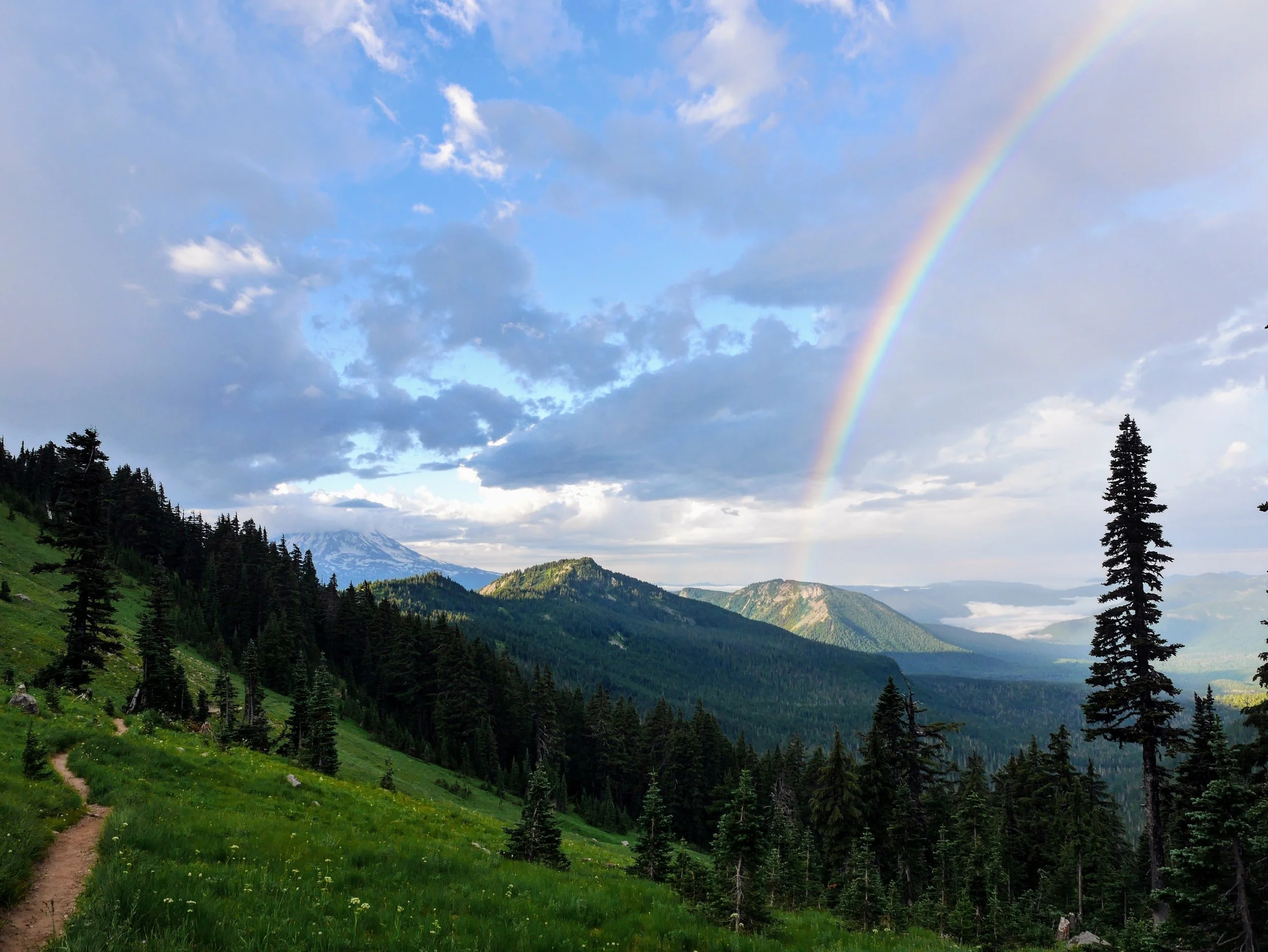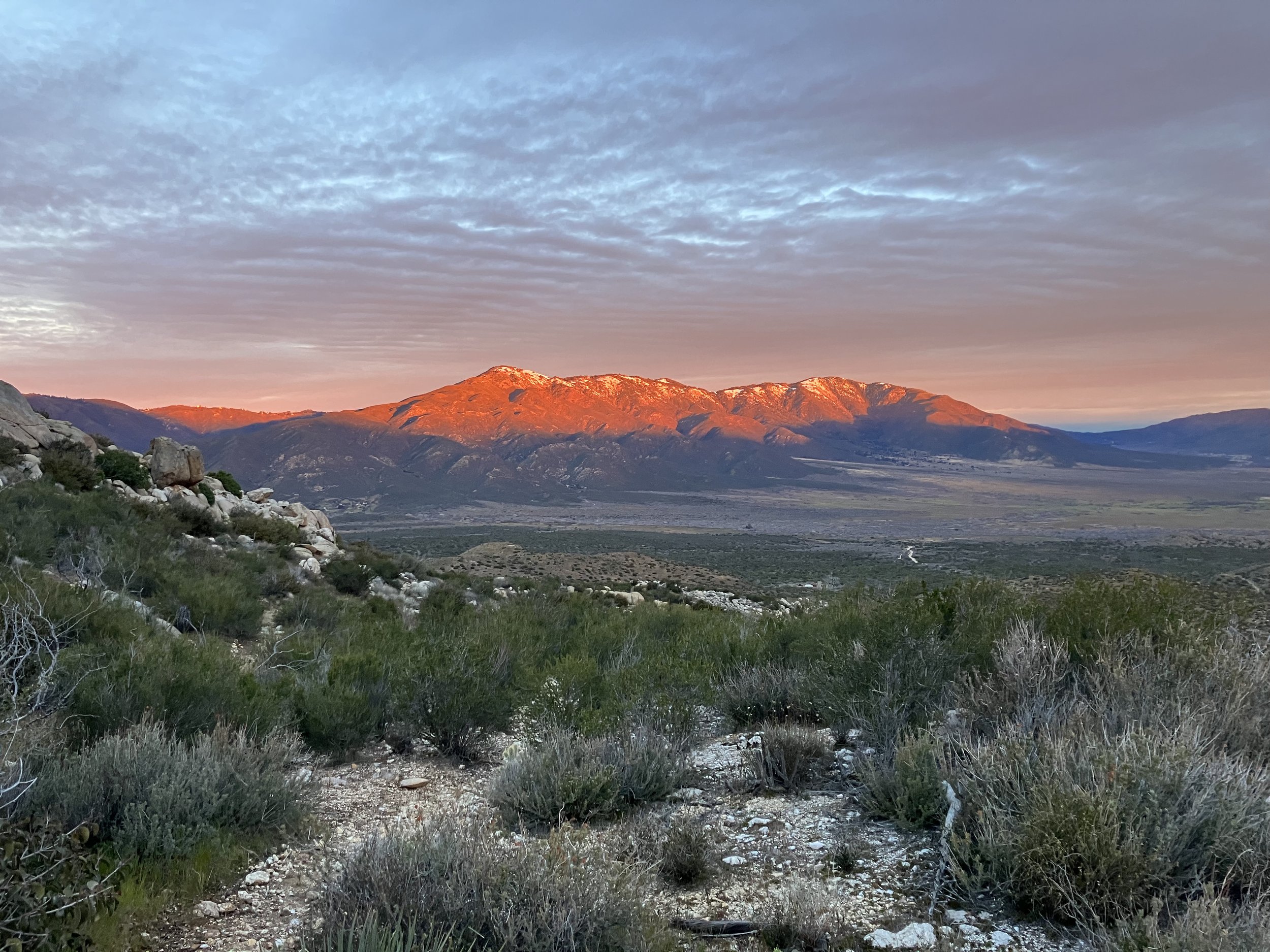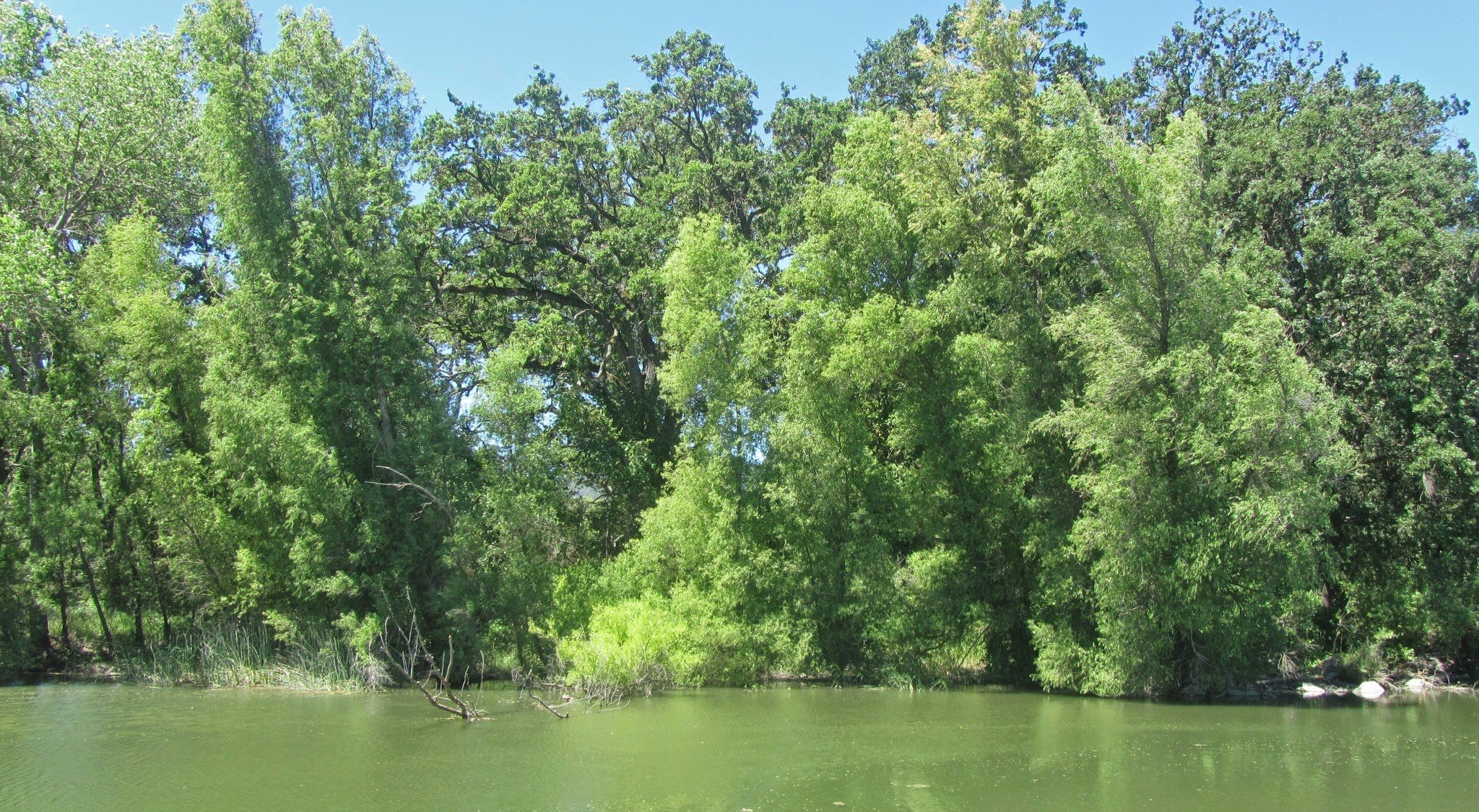
Environmental writing and project management to protect the natural world
Listening, standing witness, creates an openness to the world in which boundaries between us can dissolve in a raindrop.
― Robin Wall Kimmerer

Approach
Inspired by the natural world, my mission is to support organizations and pubilc agencies that protect biodiversity and public lands through technical writing, grant program support, and project management.
I help organizations to reach their goals for conservation, public access to open spaces and environmental education. I am committed to personalized support, flexibility and responsiveness.
“Those who contemplate the beauty of the earth find reserves of strength that will endure as long as life lasts." – Rachel Carson
